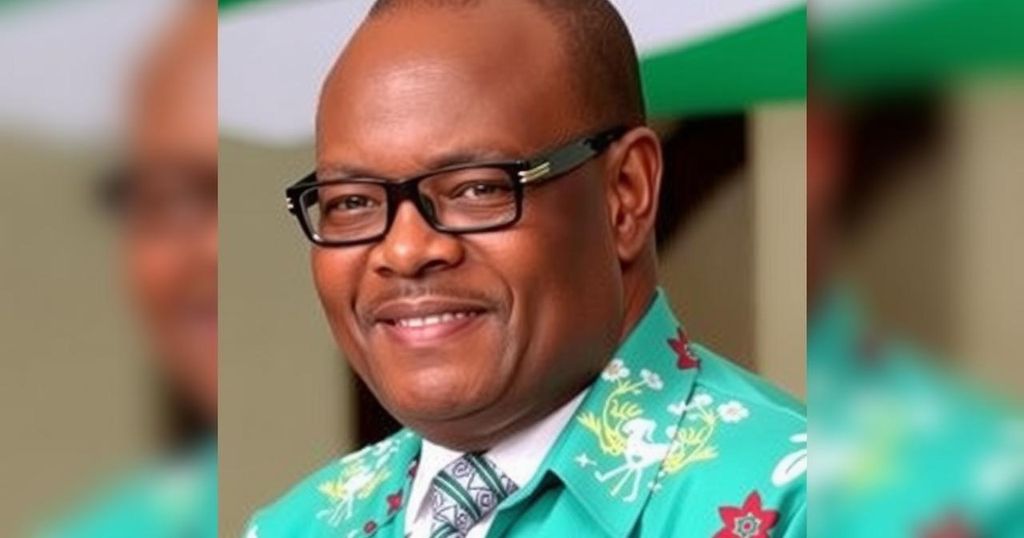The 2024 Ghana elections resulted in the defeat of the ruling New Patriotic Party, primarily due to public discontent surrounding economic crises, unemployment, and corruption. The opposition National Democratic Congress and John Mahama capitalized on the ruling party’s failures, leading to significant losses in both presidential and parliamentary seats for the NPP. This election reflects the electorate’s demand for change in response to ongoing issues.
The recent elections in Ghana have resulted in the defeat of the ruling New Patriotic Party (NPP) led by President Nana Akufo-Addo and Vice President Mahamudu Bawumia. This significant political shift is largely attributed to the prevailing economic crisis, which has severely impacted the populace. Many citizens voiced their dissatisfaction with the government’s handling of inflation, unemployment, and corruption, leading them to favor the National Democratic Congress (NDC) and its candidate, John Mahama. The NPP’s attempts to break the eight-year governance cycle were thwarted by the harsh realities faced by Ghanaians, as highlighted in numerous pre-election surveys that indicated public discontent with the ruling party.
Economic challenges have been a dominant theme in this election cycle. Ghana is experiencing one of its worst economic crises, with inflation reaching 54% in 2023 and unemployment rising notably among the youth. The NPP government’s reliance on policies such as the Free Senior High School initiative was unable to resonate with voters seeking immediate relief from economic hardships. Voter turnout in swing regions notably favored the NDC, reflecting a significant political realignment.
The losses for the NPP were not limited to the presidential race; they also faced considerable setbacks in parliamentary seats, losing vital areas previously considered strongholds. This has been particularly evident in regions like the Greater Accra and Central regions. Demonstrations and public outcry regarding unresolved issues such as illegal mining, increasing taxation, and perceived corruption have further fueled dissent against the NPP administration, ultimately culminating in a decisive victory for the NDC. This election marks a poignant reminder of the electorate’s power to enact change in response to governance failures and economic strife.
In Ghana’s history of democratic elections since 1992, no party has maintained power for more than eight consecutive years. The current political landscape has seen the NPP attempt to establish a precedent by campaigning with the slogan “break the eight.” However, mounting public dissatisfaction with the government’s efficacy in tackling economic crises, inflation, unemployment, and corruption has proven detrimental to their mission. Political analysts have speculated on the impact of these issues, alongside opposition coordination, on the NPP’s electoral fortunes. Pre-election surveys indicated a growing shift in public sentiment favoring the NDC, setting the stage for a significant political transition.
The 2024 elections in Ghana have underscored the critical relationship between governance and public sentiment. The loss faced by the NPP is a poignant indicator of the electorate’s response to systemic issues such as economic mismanagement and corruption. John Mahama’s victory signifies a potential turning point for Ghana as it embarks on addressing the many challenges facing its society. The election serves not only as a testament to the preferences of Ghanaians but also highlights the importance of responsive governance in maintaining public trust and support.
Original Source: www.bbc.com






